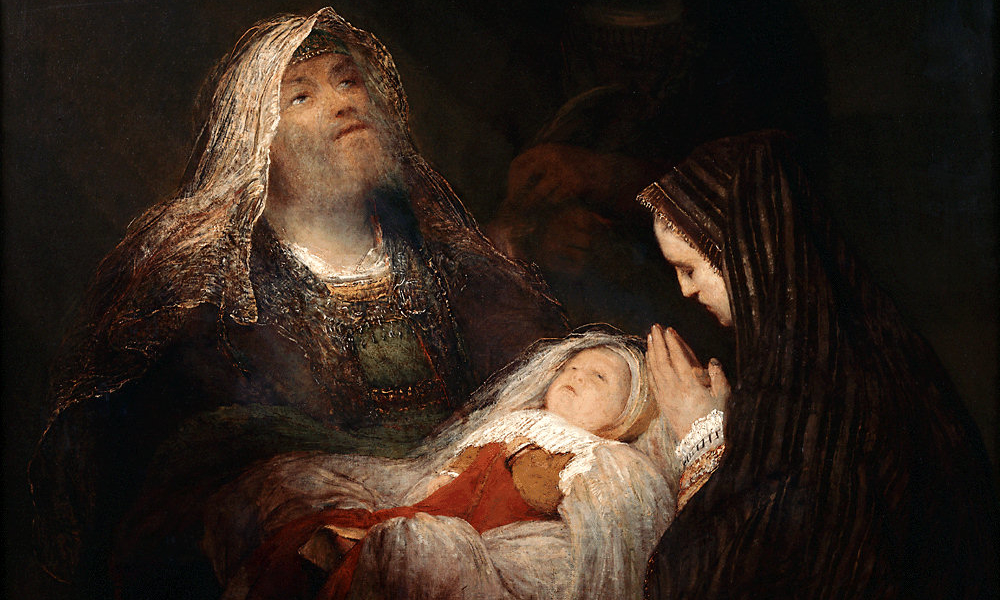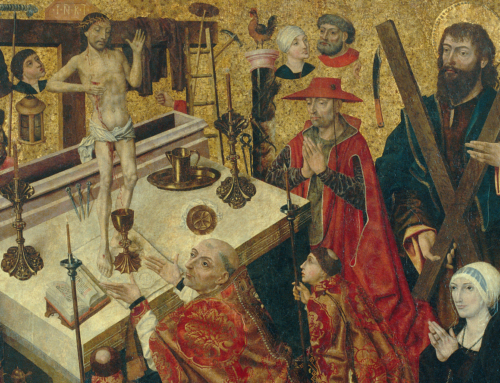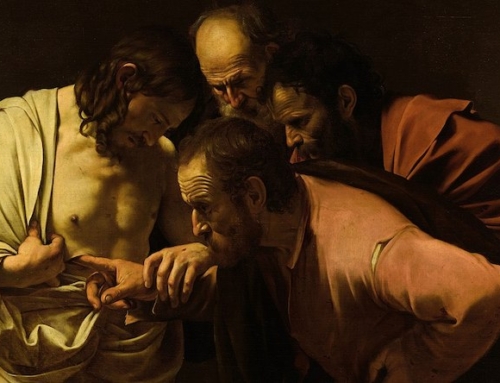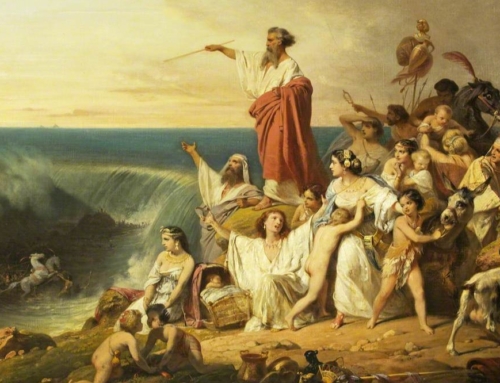We tend to shy away from our sins and weaknesses coming to light. When we hear of someone caught and punished for committing injustice, we might be tempted to think them worse off than those ‘lucky’ evildoers who get off scot-free. Yet, even by the light of his natural reason, Socrates saw through this instinct:
“But in my opinion, Polus, the unjust or doer of unjust actions is miserable in any case,—more miserable, however, if he be not punished and does not meet with retribution, and less miserable if he be punished and meets with retribution at the hands of gods and men.”
Socrates is motivated by the conviction that just actions are healthy for the soul while unjust actions sicken it. Whatever suffering just punishment may bring to the body, it is nothing compared to the misery caused by sin festering in the dark corners of one’s soul. Thus, for Socrates, the path forward for an evildoer is clear:
“[If anyone] does wrong, he ought of his own accord to go where he will be immediately punished; he will run to the judge, as he would to the physician, in order that the disease of injustice may not be rendered chronic and become the incurable cancer of the soul.”
All this is true, but it does not seem particularly hopeful. After all, as Socrates says, the “doer of unjust actions is miserable in any case.” For Socrates, the evildoer is still miserable even while his wrongdoing is brought to light and he receives justice.
But we have a greater light, a light which not only brings us to justice, but brings justice into our hearts. We may be tempted to shy away from this light as well, for, as the prophet says, “Who will endure the day of his coming? And who can stand when he appears?” (Malachi 3:2).
And yet, this coming light is none other than Jesus, our savior. The presentation of the baby Jesus, carried in the arms of His mother Mary into the Temple, hardly seems like a day that must be endured. Simeon and Anna did not quail in fear when this light was presented. Rather, under the influence of the Holy Spirit, they drew near and rejoiced. But, as Simeon prophesied:
“Behold, this child is destined
for the fall and rise of many in Israel,
and to be a sign that will be contradicted
and you yourself a sword will pierce
so that the thoughts of many hearts may be revealed” (Lk. 2:34-35).
This same Jesus will soon hang on the cross between two thieves as a sign of contradiction, with Mary, her heart pierced by a sword of sorrow, at His feet. One thief, seeking merely to avoid punishment for his crimes, falls into the greater crime of blasphemy. The other, accepting justice and hoping for mercy, rises with Jesus. And the good thief is not merely brought to the state of lesser misery offered by Socrates. That very day St. Dismas entered paradise to enjoy the vision of God Himself in the light of glory (Lk. 23:43).
May the same Holy Spirit who led Simeon to encounter Jesus in the Temple and St. Dismas to turn to Jesus on the cross lead us to encounter Him in the Sacrament of Confession. Lord Jesus, give us the grace to open our hearts to your light so that you may burn out all evil lurking there. Let us then hear the wonderful words, “may God give you pardon and peace, and I absolve you from your sins,” so that with Simeon, we may rejoice and pray,
“Lord, now you let your servant go in peace; your word has been fulfilled: my own eyes have seen the salvation which you have prepared in the sight of every people: a light to reveal you to the nations and the glory of your people Israel” (Lk. 2:29-32).
✠
Image: Arent de Gelder, Simeon’s Song of Praise







